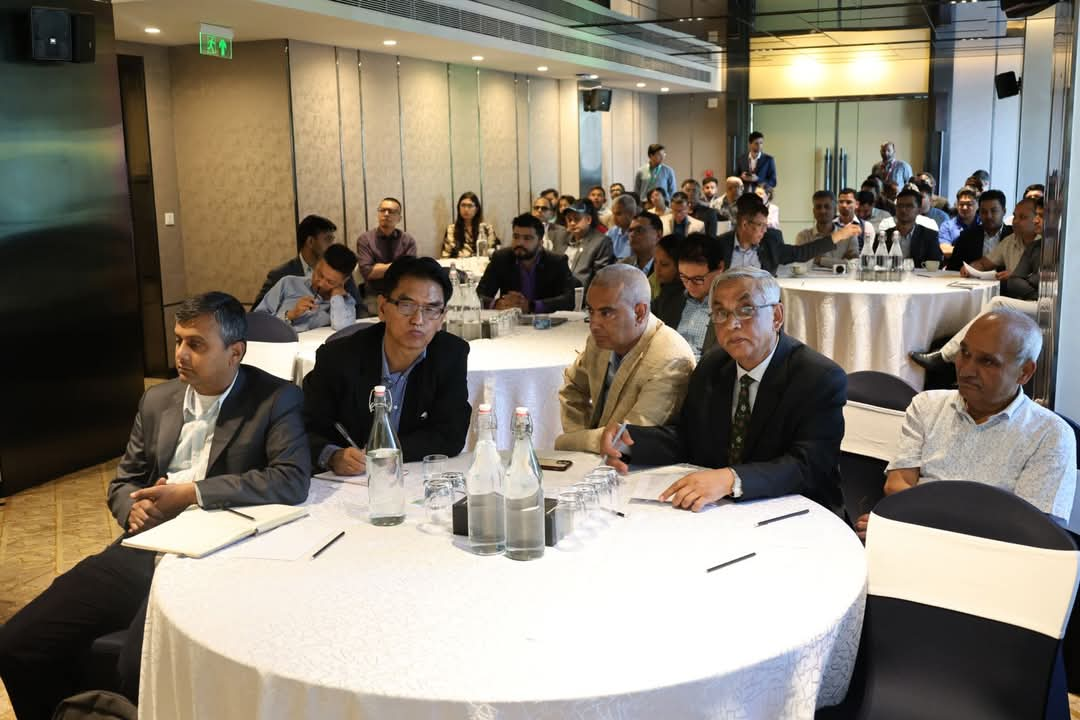Kathmandu, Nepal – In a significant step towards fostering inclusive and sustainable development, the Institute for Integrated Development Studies (IIDS), in collaboration with the International Food Policy Research Institute (IFPRI) and the Ministry of Forests and Environment, hosted a preliminary insight-sharing event on foresight modeling. The event focused on assessing pathways and priorities for inclusive, resilient, low-carbon development and climate finance in Nepal.
Bringing together researchers, policymakers, and development partners, the event centered on unpacking the economic implications of Nepal’s Nationally Determined Contributions (NDC) 3.0 targets. Using a Computable General Equilibrium (CGE) model and sector-specific simulations in Agriculture, Transport, and Energy, the discussions shed light on how robust climate action can drive economic growth, generate employment, and reduce poverty.
The CGE modeling results underscored the potential for climate-smart investments to unlock transformative growth across key sectors. For example, in agriculture, climate-resilient practices could enhance productivity while reducing emissions. In transport, green mobility solutions were identified as critical to reducing urban air pollution and cutting dependency on fossil fuels. Meanwhile, in the energy sector, expanding clean energy infrastructure was shown to be essential for achieving carbon neutrality.
As Nepal gears up for the much-anticipated Sagarmatha Sambad and works to finalize its comprehensive climate roadmap, the insights presented during this event provide a strong evidence base for informed decision-making. Policymakers and stakeholders highlighted the importance of leveraging climate finance to support these goals, ensuring that Nepal’s transition to a low-carbon economy is inclusive and equitable.
“This initiative demonstrates how foresight modeling can guide national policy decisions to achieve sustainable development while meeting global climate commitments,” said a senior official from the Ministry of Forests and Environment.
The collaboration between IIDS, IFPRI, and the Ministry of Forests and Environment reflects a shared commitment to promoting inclusive growth, resilience, and sustainability. With the right policies and investments, Nepal can position itself as a leader in green development, setting a benchmark for other countries in the region.
As Nepal takes this pivotal step, the focus remains on ensuring that climate action benefits all, particularly the most vulnerable populations, by creating opportunities for economic empowerment and resilience in the face of climate challenges.